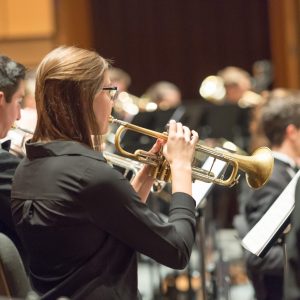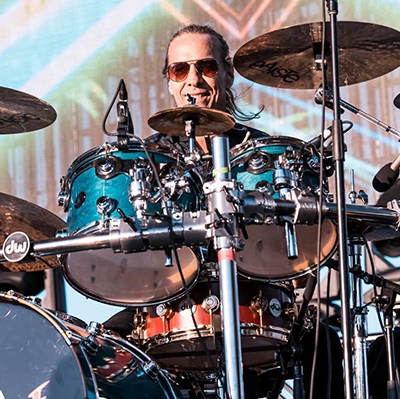

Then there were the song-writers, composers and lyricists who created the material for the stars. Behind the scenes were the impresarios of Music Hall, often the owners of the music halls themselves or their managers and directors who contracted and organised the entertainment. They were the stars and celebrities of the era, with their pictures on posters, people saw them, read about them in the papers, they spread gossip about them, and they generally had a good income. The public-facing part of that business were the entertainers and singers themselves. The Musical aspect of Music Hall entertainment was a large and far-reaching business, and in many ways it was the forerunner of what we now call the Popular Music Business.

Music Hall Songs and the Impact of War in Europe The Britannia Panopticon still holds events in Glasgow and calls itself "The World's Oldest Surviving Music Hall" since it opened in 1857 (see the Britannia Panopticon website). Will Fyffe (1885-1947) may have been born in Dundee, but he also became an international star singing the song "I Belong To Glasgow". His trademark costume consisted of a kilt, tweed jacket, "Tam o'shanter" hat and crooked walking-stick, which defined the popular international image of a Scotsman. Sir Harry Lauder (1870-1950) started out in Scottish and British theatres singing songs such as "Roamin' in the Gloamin'", "I Love a Lassie", "A Wee Deoch-an-Doris", and "Keep Right on to the End of the Road". Other entertainers sang songs with a Scottish theme both on their home turf but also in various locations across the world. His first puplic appearance was at Glasgow's Britannia Music Hall (then called the "Panopticon") in 1906. Comedian Stan Laurel was born in Scotland to a theatrical family, and started out in Music Hall before emigrating to the US. Glasgow in particular with its denser population had a thriving music hall tradition. To take just one other region, the Music Hall style of entertainment was very popular in Scotland. However the phenomenon of Music Hall was not just about London which had hundreds of halls, the concept was widespread across the UK with many regional Music Halls in all the major cities. A number of songs include local slang words including Cockney Rhyming Slang. Many such examples are of the "Knees Up" variety such as "Any Old Iron" and "Boiled Beef and Carrots" (both popularised by Harry Champion), and "Knees Up Mother Brown" which later became the Sherman Brothers' inspiration for "Step in Time" sung by the Chimney Sweeps in Mary Poppins. Many songs originating at the time became strongly associated with London and particularly Cockney culture. The Eagle Tavern on City Road was frequented by Charles Dickens and immortalised in the song Pop Goes the Weasel whose lyrics mention "In and Out of the Eagle". Some famous London venues included "The Eagle Tavern", "The Gaiety Theatre" in the Strand, "The London Pavilion" and "The Alhambra" in Leicester Square. The biggest Music Halls and some of the best known singers were London-based, and many well-known songs refer to London landmarks and culture. The hall was later extended and other similar establishments were built in London and elsewhere. Charles Morton was one of those men and he built the Canterbury Music Hall in 1852 which could initially seat 700 people.

Demand for the entertainment increased and various entrepreneurs spotted the business opportunity and converted or built custom music halls, to which they recruited popular artists from the various Song and Supper Bars. Typically these venues provided entertainment, possibly in a separate room requiring an admission fee outwith the main public area. These catered for various classes of customer and might be known as cyder cellars, public houses, supper rooms, taverns, saloon bars and pleasure gardens. In the early 1800s there was a wide variety of venues for people to eat and drink and socialise. The Growth of London and Regional Music Halls


 0 kommentar(er)
0 kommentar(er)
